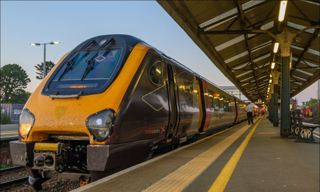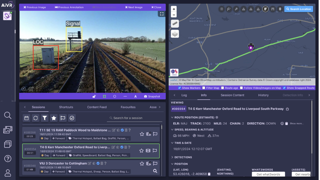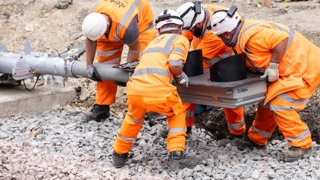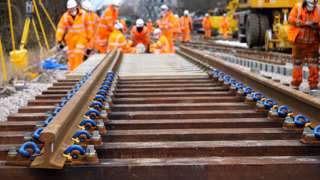HS2 will have a major impact on the existing rail system, says the National Audit Office.
It points out that because HS2 trains will not have the ability to tilt on the conventional rail network, they will be slower than Class 390 electric multiple units on the West Coast Main Line. This means that infrastructure improvements will be needed to prevent existing services having to slow down.
The NAO also says that there will be a potential loss of value for some existing franchises, with timetables having to change from 2026 with consequences for revenue. The full impact of the new railway on existing franchises is not fully understood, it says.
Disruption caused by construction work on Phase 1 also provides uncertainty, particularly for the InterCity West Coast franchise, which operates into London Euston. The competition for the next ICWC franchise is due to open in June 2016 to align with HS2, and the NAO says the Department for Transport is examining how it can get value for money from this during HS2 construction.
Assessing how to make use of capacity released on the West Coast Main Line elsewhere on the network is also a key consideration. The NAO says the DfT has started work on this, but that this work is at an early stage.
The NAO concludes that the challenge of managing the interdependencies on the wider network should be supported by the DfT’s first attempt at producing an overall strategic vision for the rail network.
It says that while it is encouraging that this is now being produced, “we and the Committee of Public Accounts have been recommending that such a strategy be developed for some time, and some of the challenges the Department is now facing could have been made easier if this had been completed earlier”.
- For more on the NAO's report into HS2, read RAIL 804, published on July 6.















FrankH - 28/06/2016 22:10
This is the first time I've read that custom will be taken off WCML operators officially. I wrote this weeks ago on here, an alternative route= less custom, less revenue thus less repayments. So add that to the costings of HS2 plus the upheaval at Euston.